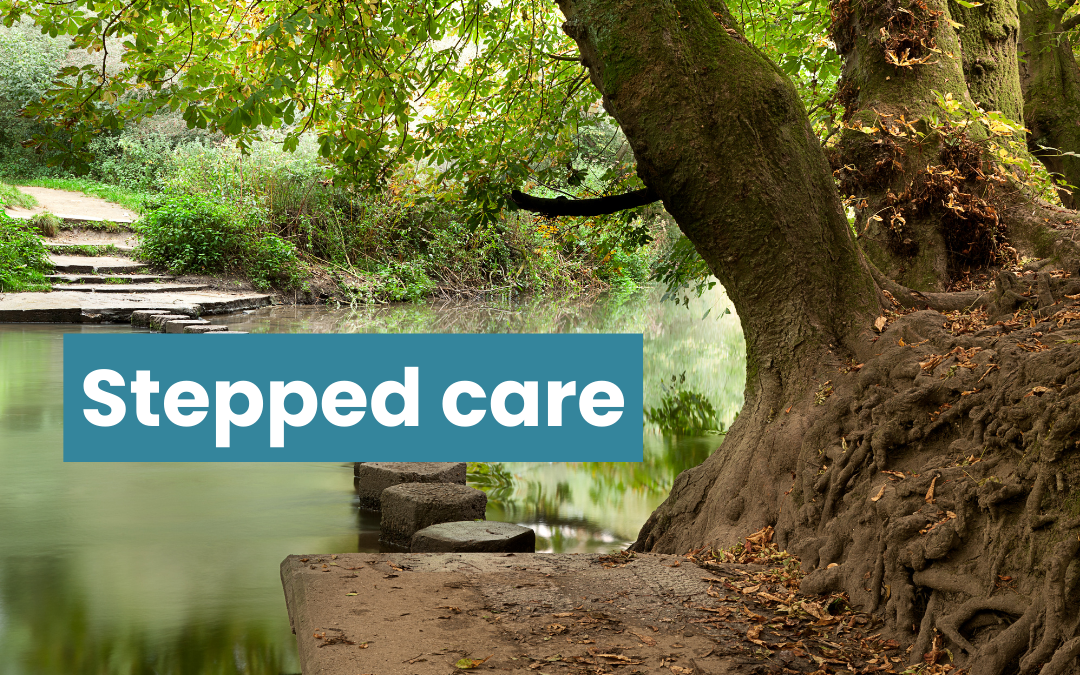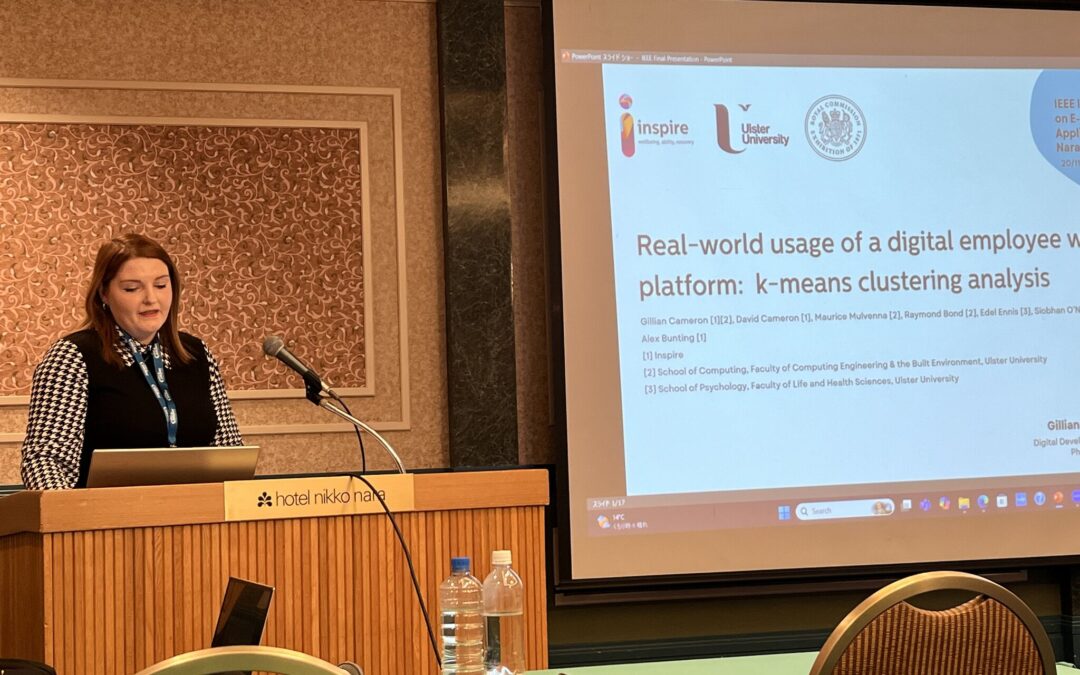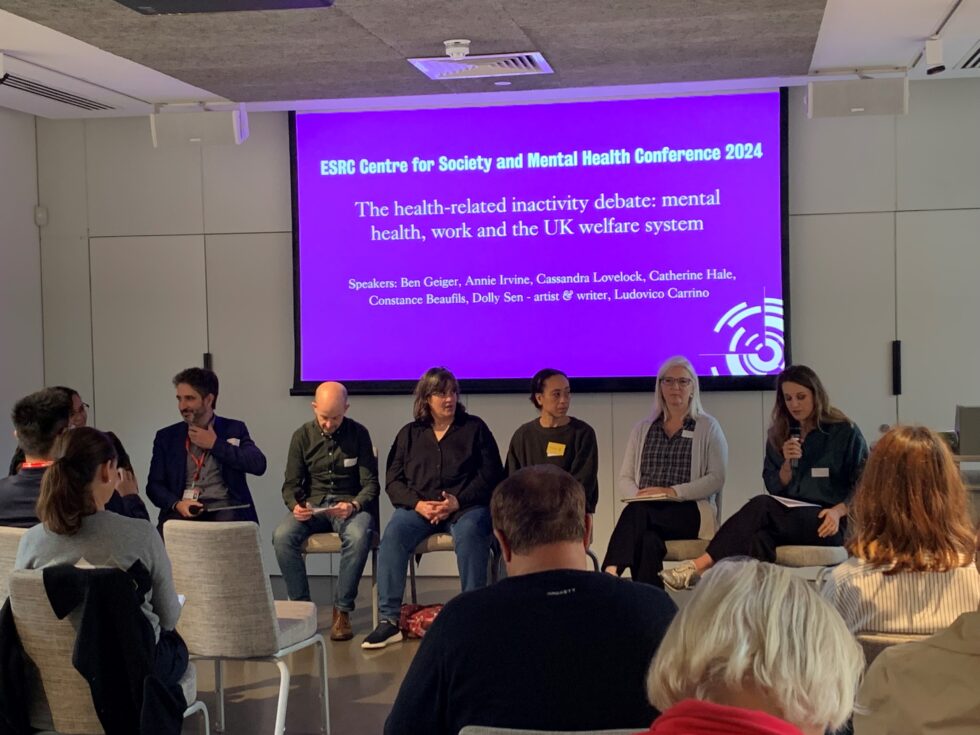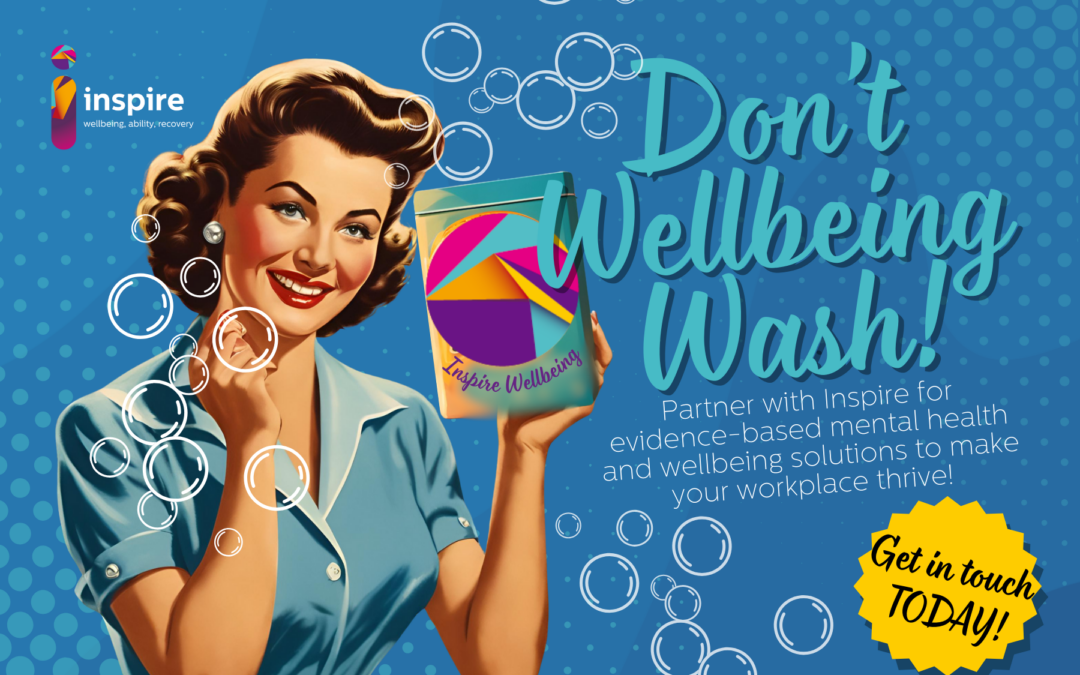A recently published Ipsos survey has outlined the extent to which stress is affecting the working lives of people around the world.
Defined by the World Health Organisation (WHO) as ‘a state of worry or mental tension caused by a difficult situation’, stress is something we all experience at one time or another. However, as the WHO points out, the way in which we respond ‘makes a big difference to our overall well-being.’
Stress makes it hard for us to relax and can create a range of emotions, including anxiety and irritability. When stressed, we may find it difficult to concentrate or get a good night’s sleep. Headaches, stomach troubles and issues with appetite are far from unusual. Chronic stress might even exacerbate pre-existing health problems and increase a person’s use of alcohol, tobacco and other substances.
The Ipsos study, which canvassed the experiences of adults across 31 countries, found that well over half of those polled (58%) often think about the state of their own mental wellbeing. Meanwhile, 78% consider mental health to be as important as physical health and, yet, only 34% believe that their respective nations operate healthcare systems that treat the two things equally.
Drill down into the specifics, however, and the everyday impact of stress, in particular, becomes clear. Six in ten (62%) respondents said that, over the course of the last 12 months, they had felt stressed to the point where it negatively impacted their day-to-day lives. A third said that this had happened on multiple occasions and 31% recalled several occasions on which they were unable to cope because of it.
Stress had caused 39% of people to take time off work in the last year. Women are more likely to say it has affected them than men, with 20% having taken time off work as a consequence.
The WHO has also highlighted links between mental ill health and things like excessive workloads, long hours and poor peer support. According to a 2022 analysis of EU labour forces, conducted by the European Agency for Safety and Health at Work, 27% of Irish workers had endured job-related stress, depression or anxiety. Elsewhere, research conducted by YouGov last year revealed that over half (52%) of UK employees report feeling ‘very’ or ‘fairly’ stressed at work.
These challenges can be tricky to overcome but lots of help is available. The Inspire Support Hub is a great place to start the de-stressing journey, offering the right support at the right time. It features brilliant guidance around stress, work-life balance and anxiety, as well as information on building resilient workforces. In addition, people can self-refer through the Hub, over the phone or by email.
If you would like to find out more about the Inspire Support Hub, as well as the other services offered by Inspire, please feel free to contact enquiries@inspirewellbeing.org
More from our blog
Menopause and work
The menopause is a natural biological process. It occurs when your ovaries age and naturally produce lower levels of reproductive hormones. The menopause may have a significant impact on home life and work performance. This can be unsettling, particularly if a particular role carries lots of responsibility. The hormonal changes…
Understanding Stepped Care and its role in workplace wellbeing
The stepped care model is a fundamental part of Inspire's workplace offering. So, what is it and why is it so important?
Winter wellbeing 2024
The festive season is here and we’re keen to highlight some wellbeing tips for now and the New Year. Head into 2025 in the best possible frame of mind. Switch off Technology allows us to be constantly connected to colleagues, family and friends. That is often a good thing but…
Reflections on IEEE eHealthCom 2024: Insights, Innovation, and Inspiration in Nara, Japan
Inspire’s Digital Development Lead, Gillian Cameron, reflects on her recent trip to Nara, Japan for the IEEE eHealthCom conference. Last week, I had the privilege of attending and presenting at the IEEE eHealthCom 2024 conference in Nara, Japan. This annual event brings together researchers, industry leaders, and policymakers to discuss…
Mental Health on the Agenda at King’s College London
Inspire’s Policy & Campaigns Office, Matthew Coyle, reflects on his recent trip to King’s College London and the knowledge gained at the ESRC Centre for Society and Mental Health’s annual conference. I had the privilege earlier this month of attending the ESRC Centre for Society and Mental Health’s third annual conference in…
Healthy Organisations Commit to Person-Centred Wellbeing
Employment takes up a good deal of our time. According to the Office of National Statistics, the average UK worker spends over 36 hours in work every week; in Ireland, that figure is 38.5. On World Mental Health Day, understand the effect that wellbeing washing can have on workers and…
On World Mental Health Day, Here’s How to Avoid Wellbeing Washing
As we count down to World Mental Health Day on 10th October, Inspire’s focus is very much on our ‘Don’t Wellbeing Wash’ campaign. Wellbeing washing is similar to green washing, its arguably more infamous cousin. It describes a company or organisational ethos that focus more on the illusion of staff…
World Mental Health Day: Don’t Wellbeing Wash
World Mental Health Day (WMHD), which takes place every year on 10th October, offers us all an opportunity to gather and talk about mental health, demonstrating to everyone that this is a subject worthy of open, honest discussion and explanation. In 2024, Inspire is marking WMHD by highlighting the important issue…
Government Action on Work-Life Balance a Positive Sign
The UK Government has announced plans to introduce new codes of practice for businesses, which are aimed at tackling burnout and codifying a right to switch off. This follows on from Labour’s campaign pledge to empower workers, providing them with the freedom to disconnect from their jobs outside regular hours and…
Line Managers are Key to Workplace Wellbeing
According to new research published by Queen’s University Belfast and the University of Nottingham, strong links exist between positive business performance and mental health training for line managers. Furthermore, the analysis of workforce practices suggests that recognising this, and acting on it, could save organisations millions every year. The study…
Workplace Conflicts Require Proactive Approach
Discord between colleagues is not unusual. The average workplace brings together individuals from different walks of life, people with distinct characteristics, objectives, points of view and ways of doing things. Quarrels are bound to develop from time to time. They can, however, have a significant impact on an organisation’s productivity,…
CIPD Conference Stresses Authentic, Empathetic Leadership
Inspire\'s Noelle Higgins, Business Development Manager – Therapeutic Services reflects on the recent CIPD conference and research. My colleague Jonathan Cody and I recently took the opportunity to head to the CIPD conference at the RDS, enjoying a day away from our e-mails and catching up with a range of…













